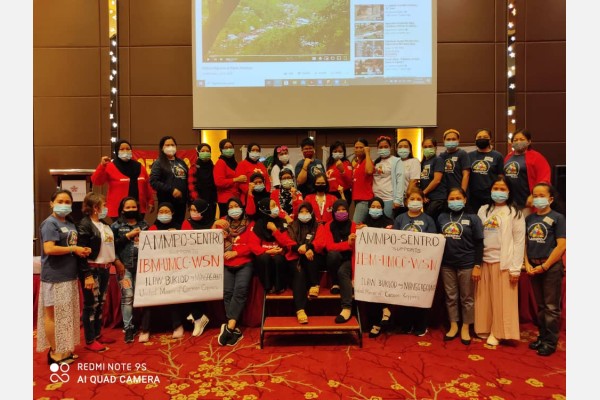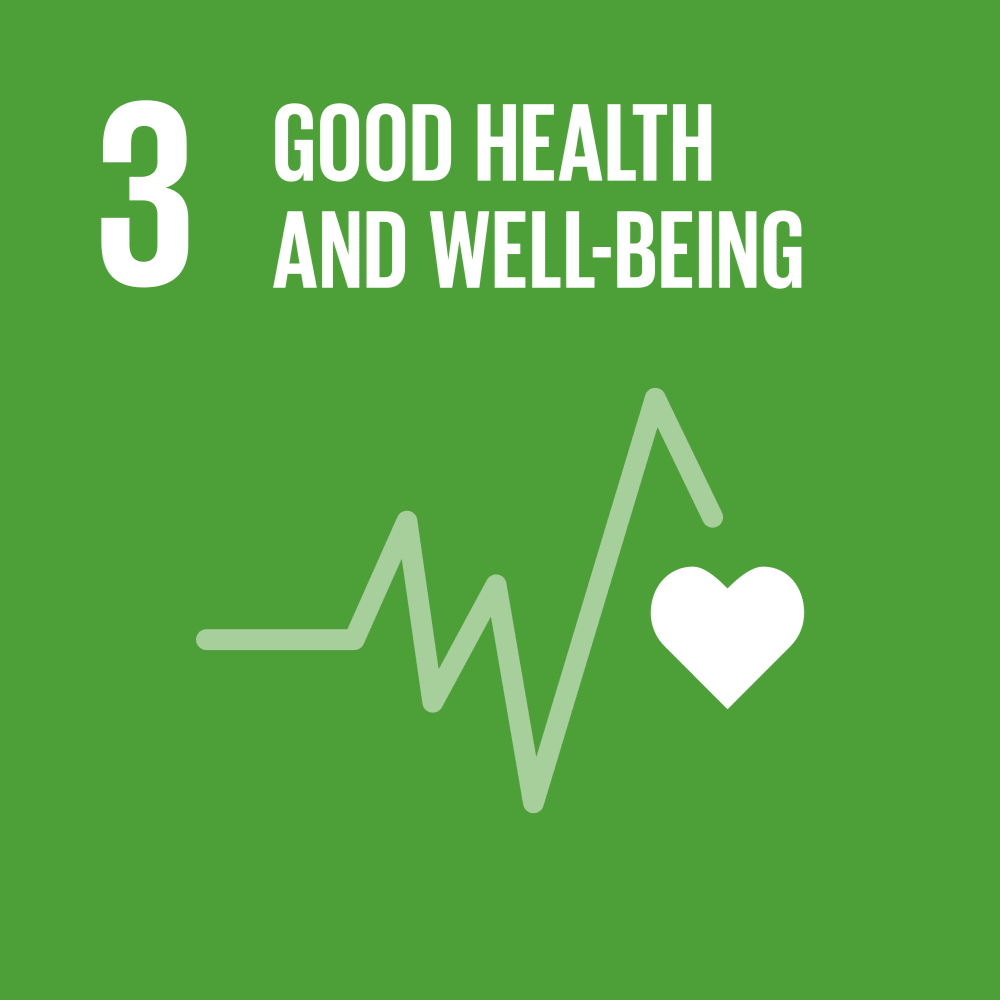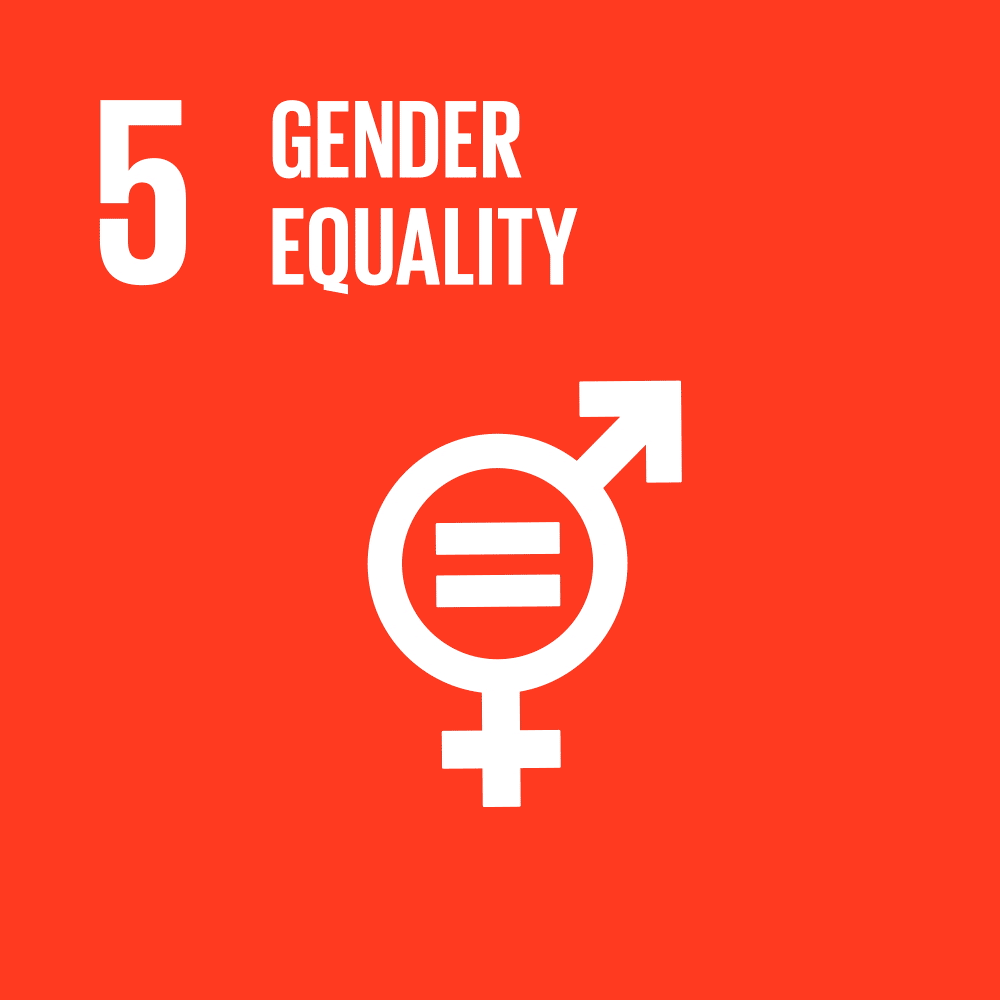Repository of Practices

Formation of Migrant Domestic Workers Associations in Malaysia - Persatuan Pekerja Rumah Tangga Indonesia Migran (PERTIMIG) and Asosasyon ng mga Makabayang Manggagawang Pilipino Overseas (AMMPO)
Secondary GCM Objectives
Dates
Type of practice
Summary
The International Domestic Workers Federation (IDWF) started to organize Filipino Migrant Domestic Workers in 2017 and Indonesian Migrant Domestic Workers in Malaysia in early 2019 by engaging several Filipino and Indonesian migrant groups, and specifically reaching out to domestic workers. Through this engagement, the IDWF attempted to provide a safe space for migrant domestic workers to have an exchange of learning among themselves, and also provided access to training on issues such gender equality, organizing, leadership and unionism. Through this process, domestic worker leaders started becoming aware of their issues and collectively established a group of Indonesian migrant domestic workers named PERTIMIG (Persatuan Pekerja Rumah Tangga Indonesia Migran) on December 15, 2019 with 30 domestic workers registered as members, and a group of Filipino migrant domestic workers Asosasyon ng mga Makabayang Manggagawang Pilipino Overseas (AMMPO), Malaysia. AMMPO was already structured and organized under the leadership and organizing of SENTRO, the national trade union of the Philippines since October 2014. After their formal formation, both PERTIMIG and AMMPO have faced major challenges in organizing and recruiting membership as the Covid-19 pandemic severely impacted the lives of all MDWs in Malaysia. Most domestic workers have restrictions on movement and have no access to days off, and are consequently more isolated in their employers' houses. Many domestic workers lost jobs, had no income and were exploited due to the Covid-19 pandemic. However, it did not stop their organizing work and they grew stronger in the midst of the pandemic. Both unions had carried out a lot of activities during this time especially in terms of food support, relief work and case handling. The use of online platforms e.g Zoom meeting, WhatsApp and Facebook have been significantly helpful for both unions in carrying out their programs such as training, meeting and building dialogue with the government from Indonesia, Malaysia and the Philippines.
Organizations
Main Implementing Organization(s)
Partner/Donor Organizations
Benefit and Impact
Both PERTIMIG and AMMPO have been successful in organizing migrant workers in a political and social atmosphere inimical to their rights and well-being. There is a prohibition from Ministry of Home Affairs (MHA) that migrant workers in Malaysia cannot join any kind of association, which makes the employers discourage migrant workers to join unions. Also, the Trade Union Act 1959 specifies that any union officer must be a citizen of Malaysia.
Both PERTIMIG and AMMPO have not yet been registered due to these laws operating in the country, but have provided ample opportunities for organization of Indonesian and Filipino migrant workers respectively. It has provided scope for domestic workers to know about the rights guaranteed to them through different international conventions. That has led to discussions and training sessions about human rights, workers’ rights (and also specifically on domestic workers’ rights), and women’s rights (since the majority of migrant domestic workers in Malaysia identify as women). PERTIMIG and AMMPO have been successful in bringing forth the intersectionality of different issues that culminate in domestic workers’ rights, and collaborate with various civil society stakeholders for articulating and spreading awareness of the needs and rights of migrant domestic workers. In the last few years, PERTIMIG and AMMPO have developed migrant domestic worker leaders to lead and support the organization, and both organizations have an elected Executive Committee of migrant domestic leaders.
Key Lessons
In this situation, migrant Indonesian domestic workers adapted by acquiring a vast range of digital skills which included online meeting platforms like Zoom and Google Meet, use of social media and creation of social media pages/handles on Facebook and Twitter, using Tik Tok as a storytelling platform by domestic workers individually to talk about relevant issues and challenges, learning online collaboration tools such as Google Jamboard and Mural. This meant that physical meetings moved online, training sessions were conducted online by inviting and collaborating with resource persons from ILO, Institute of Strategic and International Studies (ISIS) etc. PERTIMIG also carried out online campaigns, demanding for changes to the Employment (Amendment) Bill, 2021, which excludes domestic workers (both local and migrant) from a lot of its protections and provisions. Their members met up with government workers and representatives, such as elected members of Parliament and members from Ministry of Human Resource, Malaysia. These leaders and members have been at the forefront of driving policy advocacy for domestic worker’s rights, by entering into dialogue with the government at different levels. These organisations have also seen more success in organizing migrant domestic workers as compared to other unions and associations also trying to do the same in Malaysia.
Recommendations(if the practice is to be replicated)
Innovation
Additional Resources
Media
Date submitted:
Disclaimer: The content of this practice reflects the views of the implementers and does not necessarily reflect the views of the United Nations, the United Nations Network on Migration, and its members.
More Related Practices:
- Research on human rights violations against live-in domestic workers, and related Code of Good Practice
- Migration Lab for the domestic and home care sector
- Domestic Workers League of ACV-CSC Brussels
- Ferias y actividades multitudinarias vinculadas a trabajo con organizaciones de base
- Green Yoma for Youth on the Move
Peer Reviewer Feedback:
*References to Kosovo shall be understood to be in the context of United Nations Security Council resolution 1244 (1999).
Newsletter
Subscribe to our newsletter.





